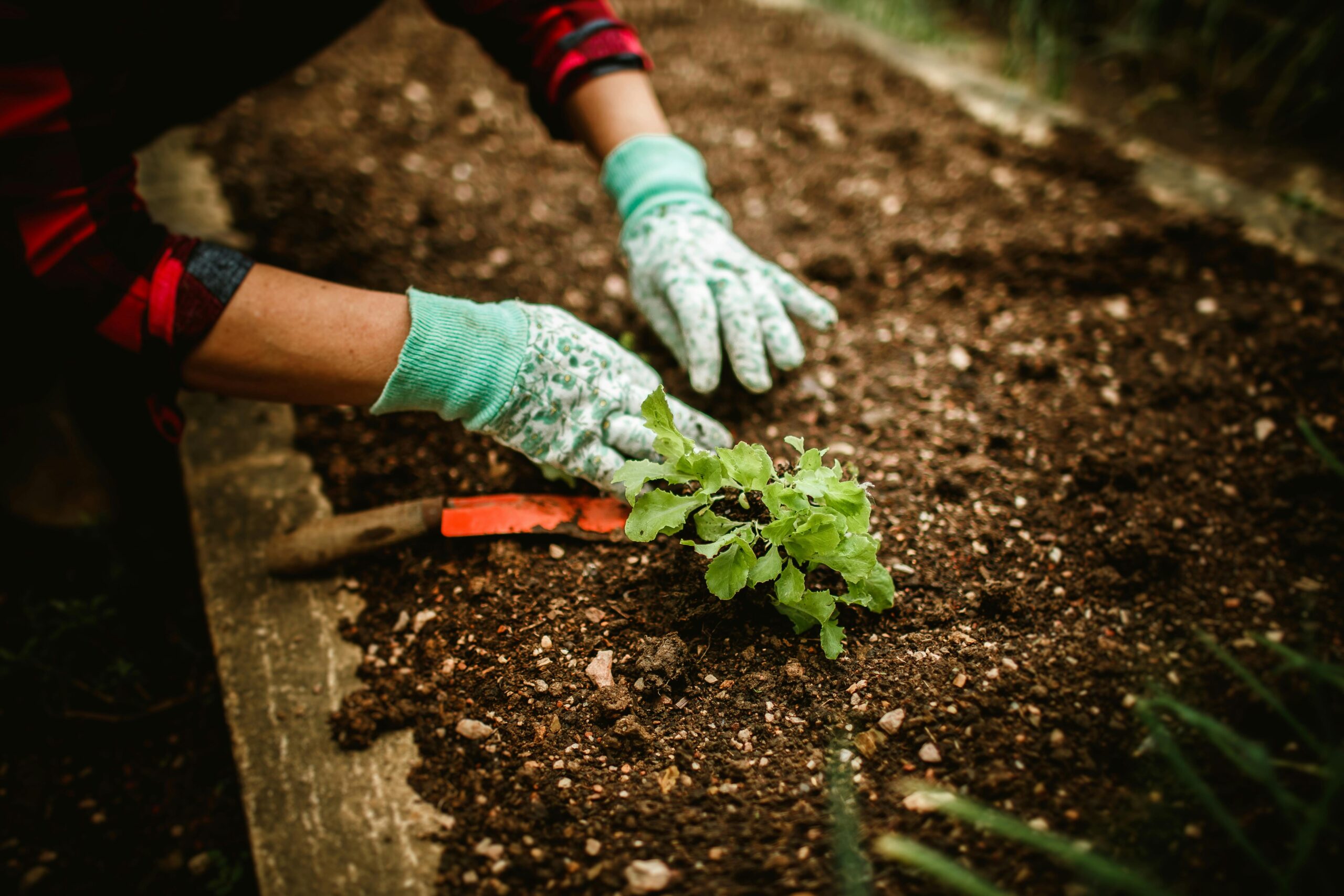Calcium fertilizer: Its importance in improving plant growth and soil health
Calcium is one of the essential nutrients that plants need for healthy growth. It not only strengthens plant cells but also plays a crucial role in enhancing the balance of other nutrients in the soil. Using calcium fertilizer is a necessary step to improve soil and plant structure, as it helps address many challenges that can affect crop health.
The Role of Calcium in Plants
Calcium is essential for plants because it is involved in the formation of cell walls, contributing to the increased rigidity of plant tissues. This means that plants receiving adequate calcium are more resistant to mechanical damage and fungal diseases. Furthermore, calcium plays an important role in regulating the absorption of other nutrients like nitrogen and potassium.
When a plant is adequately supplied with calcium, it helps promote root growth and increases the plant’s ability to absorb water and necessary nutrients, making the plant more resilient to stress from drought or unfavorable weather conditions.
Signs of Calcium Deficiency in Plants
When a plant suffers from a calcium deficiency, noticeable signs can easily be observed. Symptoms usually start on new leaves, which may become curled or deformed, with brown spots appearing on the edges. The plant may exhibit stunted growth, and cracks may develop in the fruit, such as tomatoes, where this condition is known as “blossom end rot.” Calcium deficiency also weakens the roots, reducing the plant’s ability to absorb water and nutrients.
Types of Calcium Fertilizers
There are several forms of calcium fertilizers that can be used depending on the crop and soil needs:
- Calcium Nitrate: This type of fertilizer contains both calcium and nitrogen, making it a good option for improving soil and promoting plant growth. Calcium nitrate is commonly used in hydroponics and well-aerated soils.
- Calcium Lime (Calcium Carbonate): This natural fertilizer is mainly used to adjust soil acidity. It helps raise the pH of acidic soils, which enhances the plants’ ability to absorb other nutrients.
- Calcium Sulfate (Gypsum): Gypsum is particularly used to improve alkaline soils without affecting the pH. In addition to supplying calcium, it also helps improve water drainage in heavy soils.
How to Use Calcium Fertilizer
Calcium fertilizer can be applied in various ways depending on plant and soil needs. It is best applied before planting to allow the roots to benefit early from the nutrients. A soil test is recommended to determine the calcium level and adjust the amount used accordingly.
Calcium can also be added as a foliar fertilizer if calcium deficiency symptoms appear on plants. This method is effective for quickly addressing the issue, as the plant absorbs calcium through the leaves.
The Importance of Calcium in Improving Soil
In addition to its direct benefits for plants, calcium contributes to improving soil structure. It helps reduce soil compaction, which enhances water drainage and increases root aeration. Calcium also improves the soil’s water retention and nutrient-holding capacity, leading to better plant growth.
Moreover, calcium helps balance soil chemistry. When present in sufficient amounts, it helps reduce the effects of toxic elements like sodium and aluminum that can harm plants.
Calcium as a Key Component in Agricultural Production
Ultimately, calcium is an essential component of successful agricultural production. By providing plants with the appropriate amounts of calcium, plant health and productivity can be improved. In addition, improving soil structure and enhancing the plant’s ability to absorb nutrients is vital to achieving sustainable long-term results.




